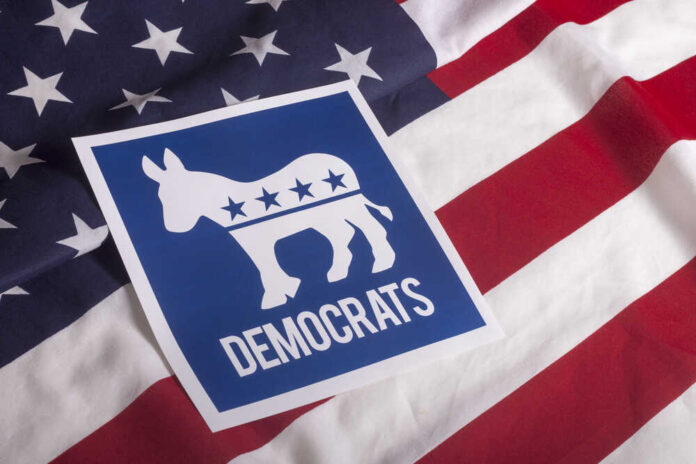Under a proposed law, many people who use social media would be forced to provide personal information to the state of California.
According to Senate Bill 1228, a person is considered influential if their content was seen by over 25,000 people throughout the lifespan of their account. This includes both original and shared content.
According to the legislation’s sponsor, Democrat Senator Steve Padilla, it would apply to people with over 25,000 followers.
This bill would require a large online platform to verify the identity of influential users by asking them to review their government-issued identification and using other means chosen by the platform. It would also require the platform to confirm the name, email address, and telephone number of highly influential users.
This bill proposes an obligation for major online platforms to disclose on user profiles, in font size and visibility comparable to the user’s name, if the user has been verified authenticated in accordance with the aforementioned provisions. Additionally, platforms are obligated to include a notation that a reasonable person would interpret as indicating whether a user has been verified or not in any post made by these users.
The state may enforce legislation that makes certain users seem more trustworthy compared to others depending on the authenticated designation, even if individuals could remain anonymous.
The far-left organization California Common Cause, which has previously filed legislation to combat electoral disinformation with Padilla, supports it.
Included in the submitted bundle of proposals are measures concerning deepfakes and artificial intelligence.
Malicious actors and foreign bots have been given the capacity to make false movies and photographs and transmit misinformation to millions at the push of a button, Padilla said. Padilla claims they can filter out accounts trying to tamper with social media feeds by checking the identity of individuals with a lot of followers.
Unless the bad actors ‘deep fake’ their identification. Then what?
A report shows that while the law is broad, it’s more restrained than that of then-presidential candidate Nikki Haley’s plan to force social network users to reveal their identities. She also framed public identity as a method to police online decency since individuals would realize their pastor and family may see everything they write. She recanted after seeing the backlash.


















